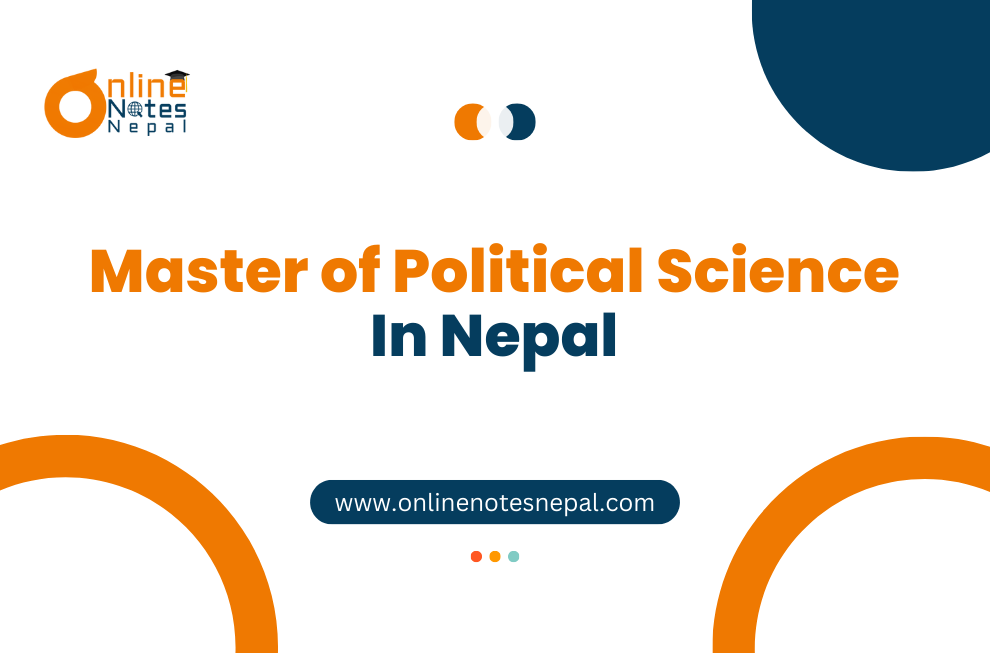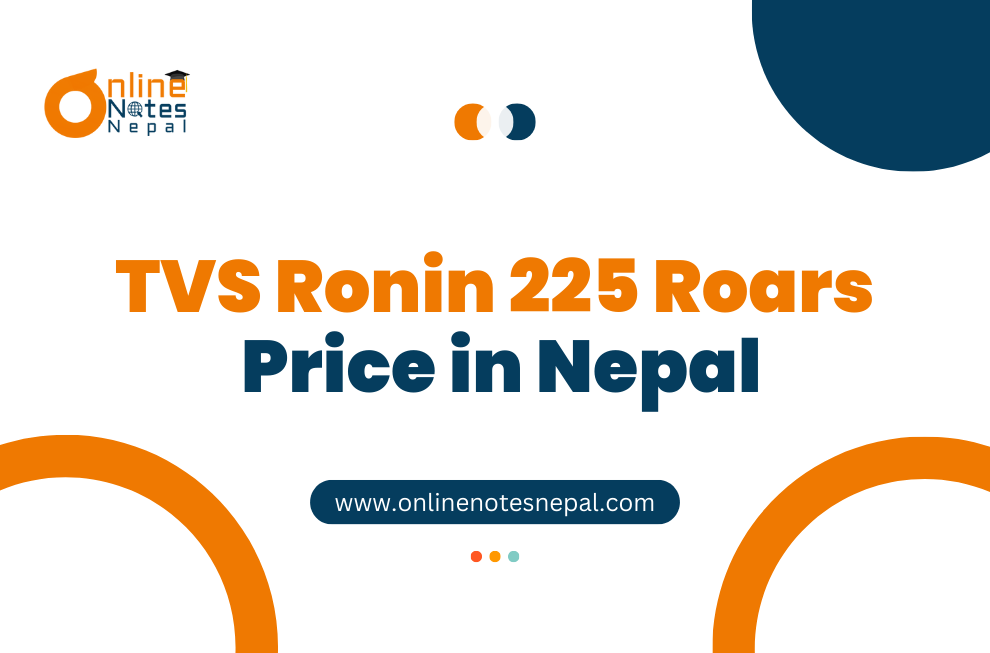Blogs



Master of Political Science in Nepal
Colleges ArticlesMaster of Political Science in Nepal
Tribhuvan University's Humanities and Social Sciences faculty offers a Master of Political Science (MAPS) program that lasts two years and four semesters in Nepal.
Institutions outside the Kathmandu Valley currently provide this course yearly, whilst campuses within the Kathmandu Valley run the program on a semester system.
MAPS is a post-graduate school that studies government theories and methods, as well as public policy. This allows you to better comprehend different aspects of governance, political events, and the political landscape of various countries.
Objectives of MA Political Science
-
A Master's Degree in Political Science aims to increase a student's theoretical and practical knowledge of basic political topics and subfields.
-
The program's goal is to generate globally marketable and qualified people within the country in all fields relevant to political sciences.
-
The course's goal is to teach students how national, regional, and global politics interact and have reciprocal consequences in the globalized world of the twenty-first century.
-
So far, MAPS has aimed to develop professional researchers, leaders, and policymakers, including key executive authorities.
Admission process in MAPS
As the bachelor's examinations conclude, TU normally announces the start date for applicants. Prospects must collect and submit an application form for the examinations to any of the 11 connected colleges. The students are then given their examination times, which they must pass to enroll. If a student passes, he or she can enroll in any connected college of their choosing.
Course requirements
Tribhuvan University has established guidelines for students pursuing MAPS in Nepal. Failure to meet the standards frequently prevents students from taking final examinations. TU's course requirements for master's students studying political science are as follows:
- Attendance of at least 75% of the entire class is required.
- Students must submit their assignments, reports, and thesis by the specified timeframe.
Career and Scope
A MAPS degree not only prepares students for a career in politics, but also a variety of other fields by developing critical thinking, understanding of laws and policies, communication skills, knowledge of historical events, their causes and indicators, and the ability to engage in social and political issues. This opens the door to opportunities in politics, law, business, and media. A few of the scopes include:
- In the field of politics, one could pursue a career in the federal government, public affairs, and administration, or as a lobbyist, political campaign manager, or even political leader.
- With their legal education, they may contemplate attending law school or pursuing a career as an analyst, legal advisor, paralegal, or legal assistant.
- Business scopes include international business specialists, market researchers, and public relations specialists.
The Master of Political Science program in Nepal is critical for developing knowledgeable and professional political scientists who can contribute to a variety of areas, including government, academia, and international organizations. Despite constraints such as limited resources and the need for curriculum revisions, the program provides rigorous academic instruction as well as possibilities for practical interaction. Addressing these difficulties will increase its relevance and efficacy. It offers prospective students a unique opportunity to gain a thorough understanding of political theories and practices, preparing them to be critical thinkers and leaders capable of making significant contributions to Nepal's changing political scene.

